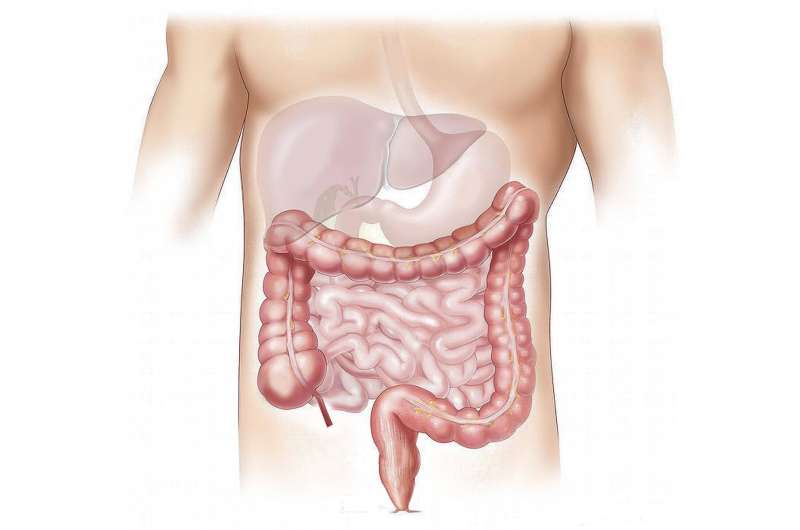Northern Arizona Resident Dies from Rare Pneumonic Plague

A resident of northern Arizona has died from pneumonic plague, the first such case in the region since 2007. Health officials emphasize caution in regions where bacterial plague is endemic. Learn more about this rare but serious disease.
A resident of northern Arizona has succumbed to pneumonic plague, marking the first death from this bacterial infection in the region since 2007, according to local health officials. The incident took place in Coconino County, which encompasses Flagstaff. Authorities have not disclosed the identity of the individual to protect privacy.
Plague remains a rare disease among humans, with approximately seven cases reported annually across the United States, primarily in western states. Historically known for causing devastating pandemics, such as in 14th-century Europe, modern medical advances have made plague highly treatable with appropriate antibiotics.
There are three main forms of plague: bubonic, septicemic, and pneumonic. The bubonic form, the most common, usually spreads through bites from infected fleas that commonly feed on rodents like prairie dogs and rats. Septicemic plague affects the entire body, while pneumonic plague infects the lungs and is the most deadly and easily transmitted form.
Transmission primarily occurs through bites of infected fleas, contact with bodily fluids of infected animals, or inhalation of droplets from a person with pneumonic plague. Given the severity and contagiousness of pneumonic plague, health experts emphasize caution when handling sick or dead animals, especially in rural areas.
Most cases of plague in the U.S. are concentrated in rural regions of northern New Mexico, northern Arizona, southern Colorado, California, southern Oregon, and far western Nevada. Despite its rarity, public health agencies continue to monitor and prepare for potential outbreaks.
This case highlights the importance of awareness and preparedness in regions where the bacteria are endemic, and underscores the need for prompt medical treatment in suspected cases.
For further information, see the original report at source.
Stay Updated with Mia's Feed
Get the latest health & wellness insights delivered straight to your inbox.
Related Articles
Link Between Red Meat Byproduct and Increased Risk of Abdominal Aortic Aneurysm
New research links high blood levels of the gut bacteria byproduct TMAO—produced from red meat consumption—to an increased risk of abdominal aortic aneurysm. Findings suggest dietary changes could help prevent this life-threatening condition.
Innovative Hair Analysis May Enable Early Detection of Amyotrophic Lateral Sclerosis
A pioneering study reveals that single hair strands can detect elemental changes associated with ALS, opening avenues for a noninvasive, early diagnostic biomarker for this devastating neurodegenerative disease.
Majority of Americans Believe Alcohol Is Harmful to Health: New Poll Findings
A new Gallup survey shows that most Americans now view moderate alcohol consumption as harmful, with declining drinking rates and increased awareness of health risks. Learn more about the changing perceptions and health implications of alcohol use.
Salmonella Outbreak Linked to Metabolic Meals Results in 16 Illnesses, CDC Reports
A Salmonella outbreak linked to Metabolic Meals has sickened 16 people across 10 states. Consumers are advised to discard affected products and seek medical attention if needed.



